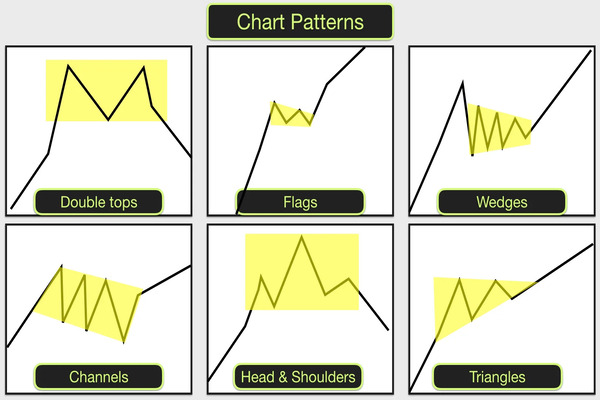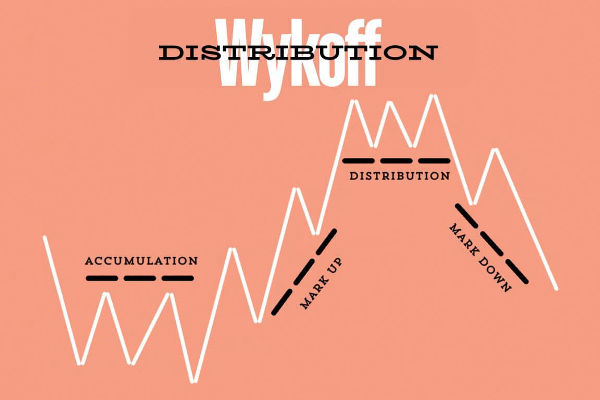What does a lock order mean?
2023-07-18
 Summary:
Summary:
Locking orders can prevent further risks and protect existing profits. However, locking orders requires careful operation, as simultaneous trading in the opposite direction may increase transaction costs and risks and may miss further market trends.
Lock order refers to a strategy adopted by investors in foreign exchange or
futures trading by simultaneously opening opposite trades to lock in existing
positions or profits. When investors believe that the market trend may reverse,
they can choose to lock in their current positions to avoid further risks or
protect existing profits.

In foreign exchange transactions, lock orders are usually achieved by
simultaneously buying and selling the same currency pair. For example, if an
investor already holds a buying position in euros or dollars and expects a
market reversal, they can simultaneously sell euros or dollars to lock in their
current position. When market prices reverse, the original buying position may
experience losses, but at the same time, the selling position will profit,
thereby achieving position lock-in.
The main purpose of a lock order is to protect or lock in existing profits
and reduce further losses. However, the operation of locking orders requires
caution, as simultaneous transactions in the opposite direction can increase
transaction costs and risks. In addition, lockdowns may also cause investors to
miss out on the market's upward or downward trends as they are unable to
participate in further market movements after locking their positions.
The specific methods and conditions of lock orders can vary depending on the
nature of the transaction and the negotiation between the two parties. Generally
speaking, a lock order may require a certain percentage of the transaction
amount to be paid as a deposit or a certain handling fee to be paid. The deposit
or fee can be refunded to the trading party after the transaction is completed
or paid to the other party as part of the transaction.
In short, lock orders are a transaction protection mechanism that ensures the
smooth progress of transactions and reduces transaction risks by paying margin
or fees. It is widely used in some high-value transactions, providing certain
guarantees and confidence for both parties involved in the transaction.







